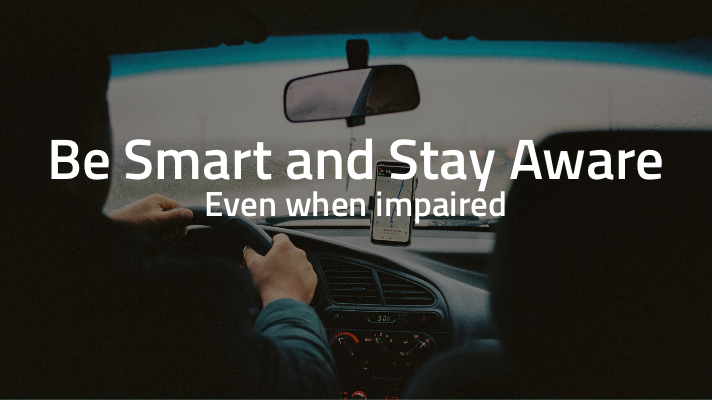Written By Christopher Dolan and Vanessa Deniston
This week’s question comes from Emily from the Bay Area:Recently, I took a rideshare home from a holiday party I attended in the city. During the party, I had several drinks and by the time I was ready to leave, I was not in a state to drive myself. I called a rideshare vehicle to take me home. During the ride, the driver asked me several personal questions that made me feel uncomfortable, specifically what kind of guys I was attracted to and if I had roommates or lived alone. When I first approached the car, the driver even encouraged me to sit in the front seat next to him, which I found odd. Luckily, I was not so drunk that I could not perceived these red flags. I ended up calling my friend who kept me company on the phone all the way home. Hypothetically, had the driver pulled over and tried to attack me, what legal recourse would I have and against whom?
We are so glad you arrived home safely, Emily. We hear this type of story frequently. It’s much more common than you would think. Rideshare services, like Uber and Lyft, can offer drunk partygoers a safer alternative to getting behind the wheel intoxicated, but all riders should still exercise caution, especially women riding alone. While most rideshare companies subject their drivers to criminal background checks, the system isn’t fail-proof as evidenced by the over 4,000 reported incidences of sexual assault to Lyft between 2017-2019 and nearly 6,000 reported to Uber within a similar timeframe.
The great majority of rideshare assault cases in California involve intoxicated female passengers riding alone with a male driver. Indeed, in such a circumstance the likelihood of an assault greatly increases. An intoxicated female passenger will not be as alert as she otherwise might be if she is sober, missing red flags. She is more likely to engage in seemingly friendly banter with the driver and divulge personal details she may not otherwise volunteer. She is also unlikely to have awareness of where she is and may not notice if the driver has deviated from the designated route to her ultimate destination. If the driver makes advances on her, she is unable to give consent and may have an impaired memory regarding what occurred and when. She is also likely to struggle with providing an accurate description of her perpetrator. It is important that all women and solo passengers traveling in a rideshare vehicle be aware of common troubling signs.
To address your question directly, Emily, if you are assaulted by a rideshare driver, you are likely to have claims both against the driver and the rideshare company the driver contracts with. In some isolated incidences, you may also have a claim against third parties, if that third party requested the ride on your behalf and you are an intoxicated minor. If you are assaulted during a ridesharing ride, or you believe you may have been assaulted, it should be reported immediately to both the police and the rideshare company. Take immediate action to preserve any receipts for your ride and take screenshots of any information within the app that may identify the date and time of the ride, the identity of the driver, the driver’s license plate number, and the route taken by the driver to your final destination. This information will significantly narrow down the pool of perpetrators and allow the police and the rideshare company to identify him more easily. Preserve all clothing you were wearing on the date of the assault and visit the ER to have a rape kit evaluation performed.
To the extent possible, avoiding such circumstances entirely is the key objective. There are several steps you can take to thwart or seriously deter opportunistic predators in such circumstances and you utilized some of them. Above all else, trust your instincts. If the behavior of the driver feels suspect or off to you, do not get in the car. Simply call another ride. If the driver exhibits concerning behaviors during the ride, cease further engagement with the driver and involve a third party. Call a friend to keep you company on the phone during the ride home or text someone you have regular contact with, reporting your whereabouts, when you should be home and the behaviors you perceive to be troubling. If the driver offers you food or drink after exhibiting troubling behaviors, politely decline. Many rideshare apps have integrated a section within their apps where you can report safety concerns. Understand, this is not, nor should it be, a substitute for calling 911. If the driver inadvertently cancels the ride and pulls over in an unfamiliar area, call the police immediately.
If you believe you may have been the victim of an assault, report it to the police immediately and contact an attorney to advise you of your rights. Your action may well prevent further assaults from occurring if the perpetrator is identified and suspended from the rideshare platform.










